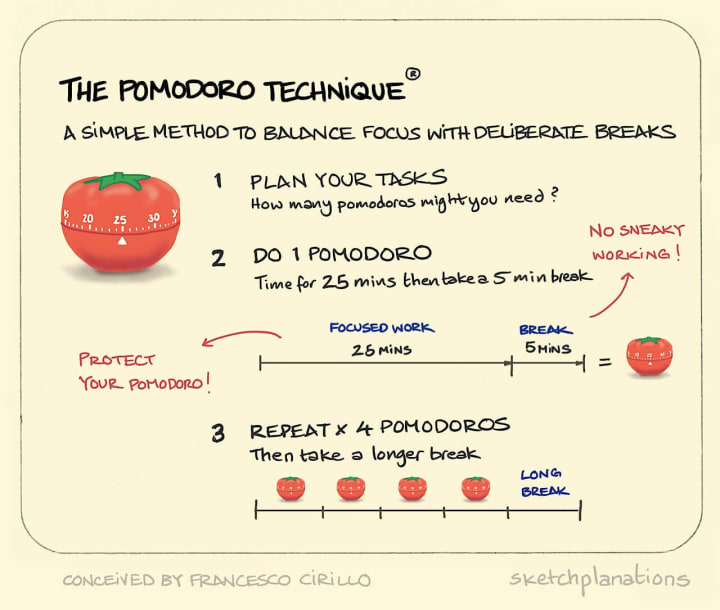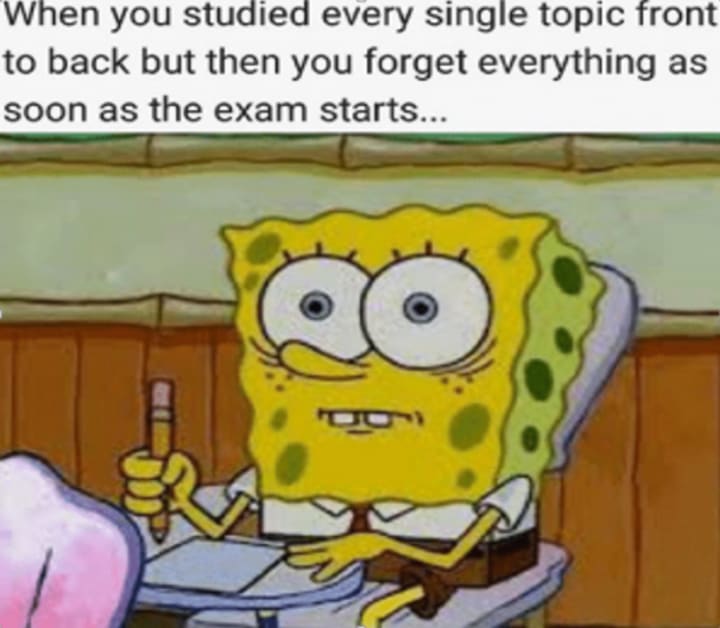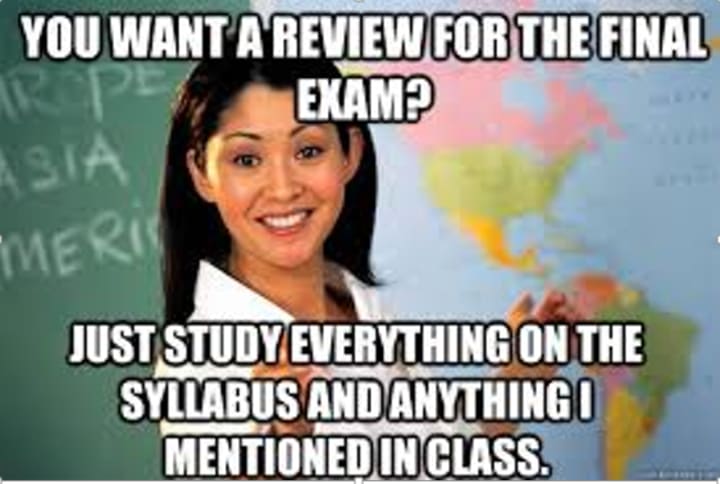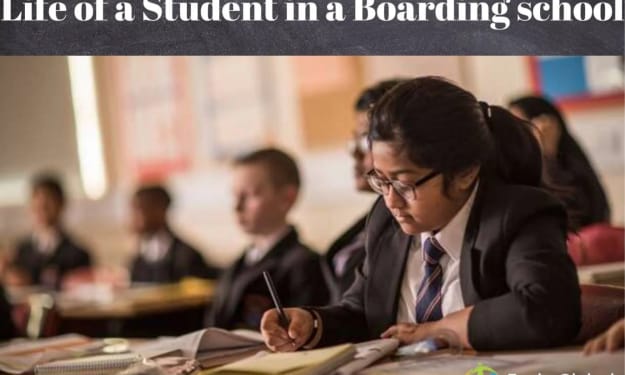
Finals are without a doubt stressful and probably one of the most annoying things about college. In any case, they're mandatory and in some cases, they make or break your grade. I am currently a graduate student at UCI and just got done with my first set if finals as a grad student. Needless to say I was stressed the f*ck out and my skin is that of my 6th grade mini self, BUT nevertheless, I aced my finals! So now I'm here to pass on some helpful tips that have helped me during my educational career. Enjoy!
1. The Pomodoro Technique

Do you ever try to study or do homework and just can't seem to focus? Same here! This technique has done wonders for me and my attentional span of a 3 year old. This technique was created by Francesco Cirillo, an Italian dude who hoped to improve productivity and efficiency. If you're wondering about the name, "pomodoro" is the Italian word for "tomato." Apparently, his kitchen timer was shaped like a tomato and he used it to track his work when he was in college. He suggested following these steps to ensure effiency in anything you do:
- Determine what tasks you need to finish and estimate how long they may take you.
- Each "pomodoro" is 25 minutes. So now ask yourself, "How many pomodoros do I need to finish my tasks?"
- Set your timer to 25 minutes and take a short 5 minutes break after wards. Repeat this process 4 times. After the 4th pomodoro (almost 2 hours), take a long break and you can decide for yourself, how long that needs to be.
I get it. This sounds really silly and ridiculous, but whatever works right? I found that during those 25 minutes, I felt a sense of urgency to finish as much as I could in that time frame. Even the 5 minute breaks seemed to take forever and I just wanted to get right back on it. If you struggle with time-management, this is definitely the technique for you!
2. How Do I Remember What I Studied? - Transfer Appropriate Processing Theory

The transfer-appropriate processing theory suggests that memories are better retrieved when the type of processing that the brain uses when the memory is stored, matches the same processing used when you're trying to retrieve it.... Umm what? Okay bare with me for a second. Have you ever felt really sad about something? You spend a bunch of time thinking about it and then you get more sad AND THEN, you start thinking about other sad memories. This isn't just a random coincidence. This theory suggests that you are remembering those things because they match your current mood. In other words, you used the same kind of processing from when you first stored those other sad memories and now that you are in that same sad state, you are better able to remember them.
So now apply this to studying. Do you study with music on? Great! Make sure you think about those songs while taking your exam. Do you meditate before studying? Great! Make sure you take a few minutes before the exam to do the same. Were you running on 8 hours of sleep when you studied? Cool! Just make sure you get around the same amount the night before the exam. Get the point? I will note that this would also imply that if your high as sh*t while you study, then you should be high as sh*t when you take the exam. SO, take this theory with a grain of salt, LOL!
3. How Do You Study?

Professors who don't give study guides suck, but all we can do is deal with it and either make our own or find another way to study. You can't study the same way for all of you finals. Instead, you should be studying based on the style of the exam. If your exam is multiple choice, then you should focus on definitions and general concepts. If your exam is short-answer or essay format, you should focus on those concepts and make sure you fully understand them and can provide examples for them. Being able to provide an explanation in your own words, is usually a good indication that you know the concepts well.
If you're studying for a multiple choice exam, using sites like quizlet or even making your flash cards, is a great start! However, you should avoid these methods for short-answer exams. Something that I do, is write out the topics that I need to learn. I first start by writing out as much as I can about each topic before even diving into studying. Once I have done that, I rank the topics in order from the ones I know most about, to the ones I know the least about. This will help guide which concepts you should focus on. You can repeat this process over and over again, until you feel that you are able to write a rather good amount for every relevant topic.
These 3 tools have really helped me improve my studying habits. Of course I still stress out because I ALWAYS procrastinate, LOL. But these tips helped me feel more in control during a time where everything seems to be falling apart. I hope you find the same usefulness in them that I have and good luck on your finals! You've got this!
About the Creator
G M
Just a young woman trying to put her thoughts out into the universe💫 Your support is greatly appreciated!❤️
Enjoyed the story? Support the Creator.
Subscribe for free to receive all their stories in your feed. You could also pledge your support or give them a one-off tip, letting them know you appreciate their work.






Comments
There are no comments for this story
Be the first to respond and start the conversation.